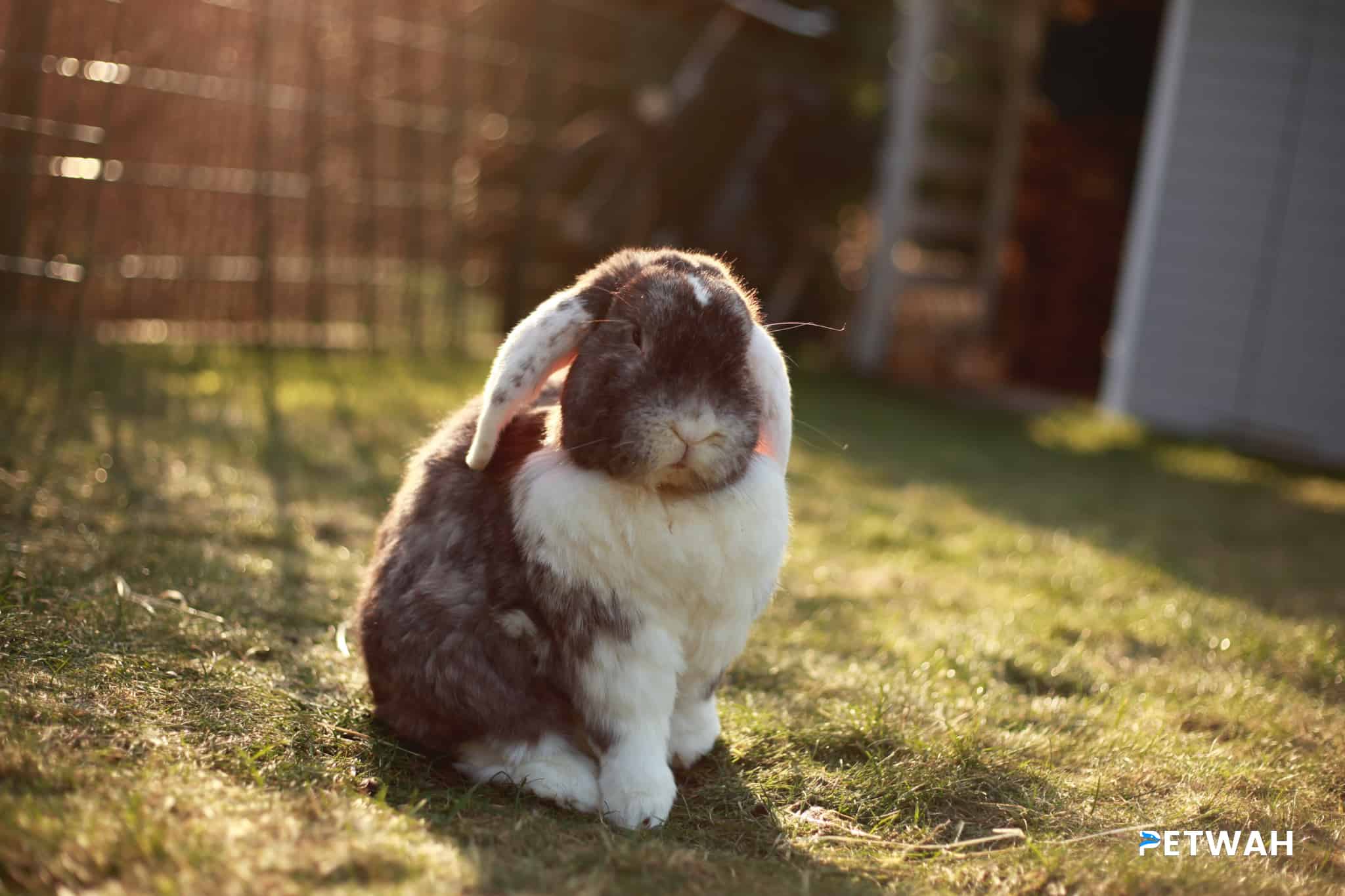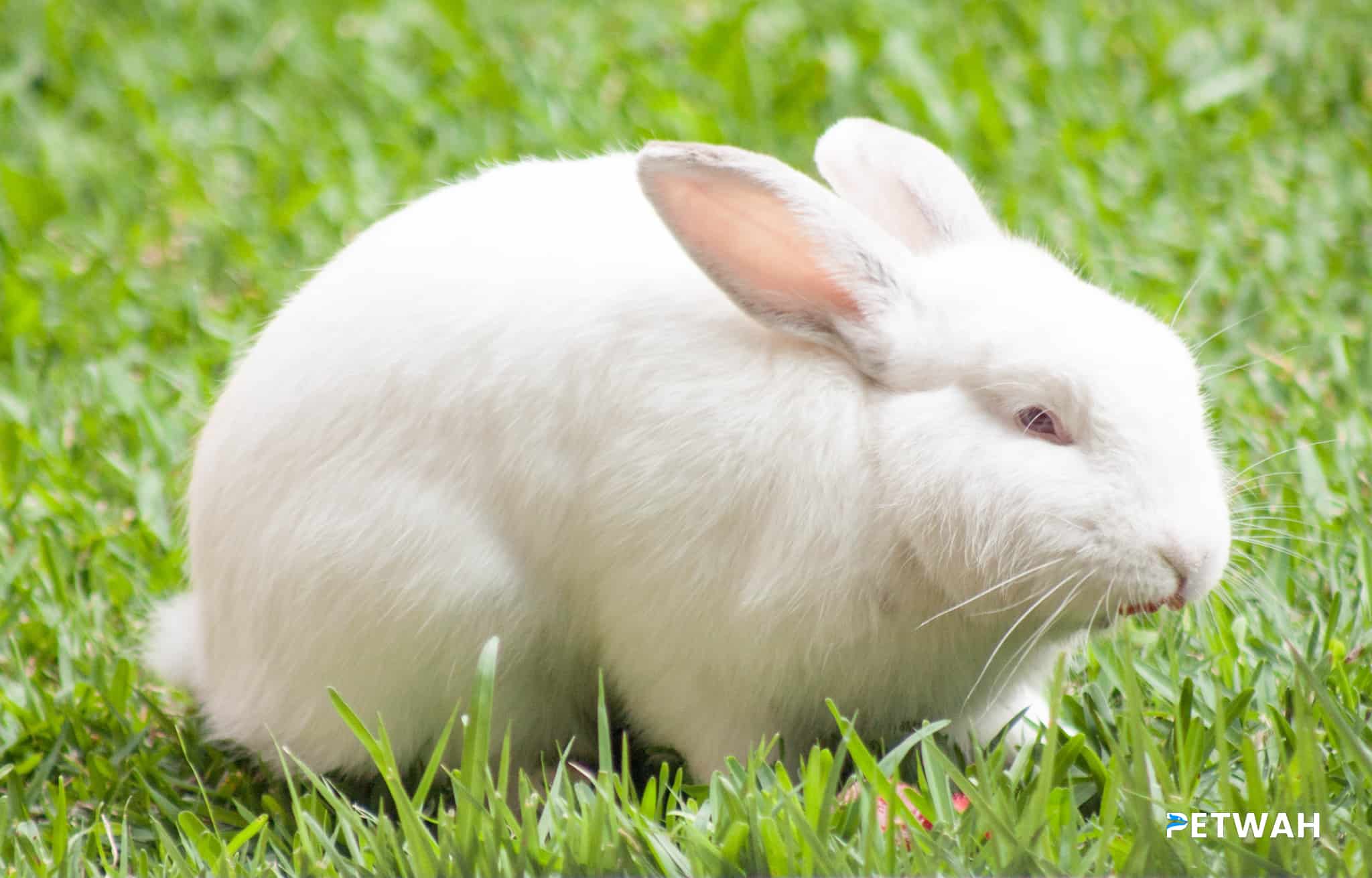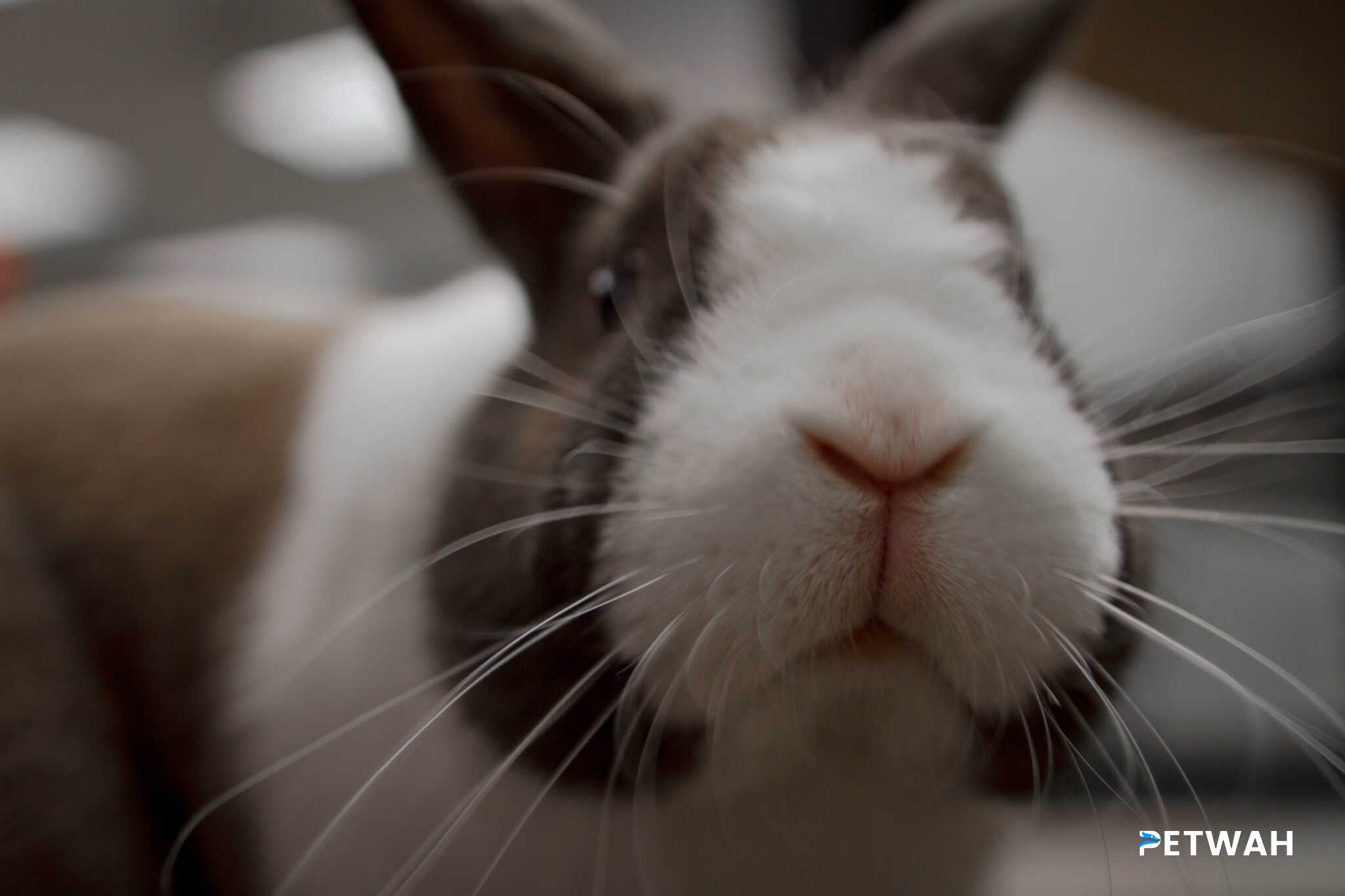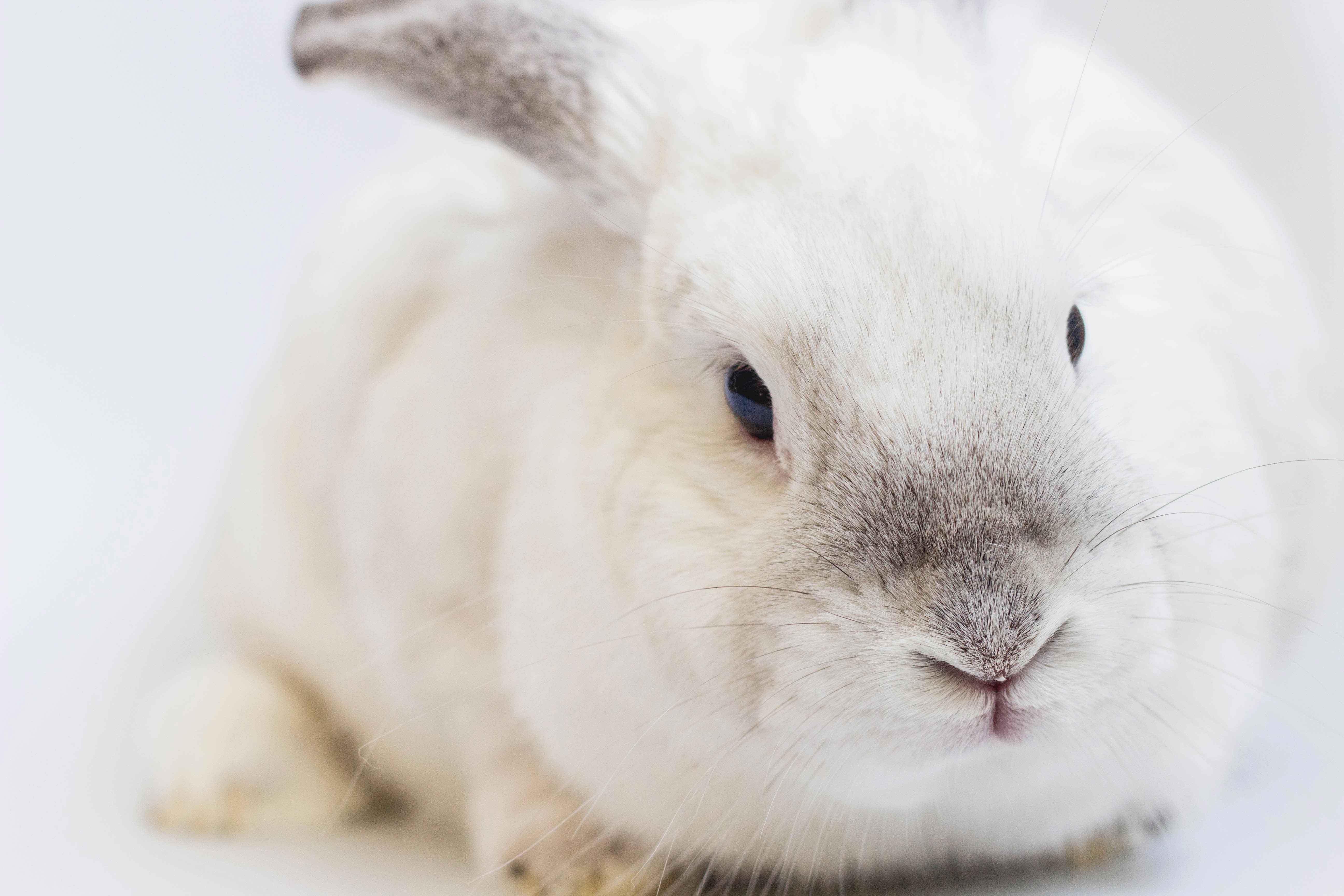Caring for a rabbit can bring joy and companionship to a couple’s life. However, it’s essential to consider the financial aspects of rabbit ownership to ensure that you can provide proper care for your furry friend. From food and housing to veterinary expenses, there are several financial considerations that couples should keep in mind when welcoming a rabbit into their home. In this blog post, we’ll discuss these considerations and provide insights into how couples can budget and plan for their rabbit’s needs.
Food Expenses:
– Rabbits have specific dietary requirements that need to be met to ensure their health and well-being. Fresh hay, leafy greens, and a small amount of pellets should be included in their daily diet.
– Good quality hay is essential for a rabbit’s digestive system and dental health. It’s recommended to provide unlimited access to hay, which can be purchased in bulk to save on costs.
– Leafy greens, such as spinach, herbs, and lettuces, are also a crucial part of a rabbit’s diet. These can be purchased from local grocery stores or grown in a home garden to save money.
– Pellets provide additional nutrients, but should only be given in moderation. Look for high-quality pellets that are specifically formulated for rabbits to ensure they meet all of their nutritional needs.

Housing and Supplies:
– Rabbits need a safe and comfortable space to live in. A rabbit hutch or cage should be spacious enough for them to stretch out and move around.
– While it’s important to provide a suitable living environment, rabbits don’t require elaborate or expensive enclosures. Simple and well-ventilated housing options can be cost-effective without sacrificing their well-being.
– Additionally, rabbits need a litter box, bedding material, food and water bowls, toys, and grooming supplies. These items should be factored into the initial budget and ongoing expenses.
Veterinary Care:
– Regular veterinary check-ups and vaccinations are crucial for a rabbit’s health. The cost of these services can vary depending on your location and the veterinarian you choose. It’s recommended to research and compare prices to find the best option for your budget.
– Spaying or neutering your rabbit is also important to prevent health issues and manage their behavior. This procedure usually comes with an associated cost, so it’s important to plan for this expense as well.
– Additionally, rabbits are prone to dental problems, so routine dental care may be necessary. Regular examinations and potential treatments should be budgeted for to ensure your rabbit’s oral health.
Miscellaneous Costs:
– There are additional costs associated with caring for a rabbit that should be considered. These include bedding, litter, toys, and grooming supplies, as mentioned earlier.
– It’s also a good idea to have an emergency fund set aside for unexpected veterinary expenses. Rabbits, like any pets, can fall ill or get injured, and having financial preparedness can help alleviate stress during such situations.
In conclusion, caring for a rabbit involves various financial considerations. By budgeting and planning ahead, couples can ensure they can meet their rabbit’s needs and provide the necessary care. From food and housing to veterinary care and miscellaneous expenses, being prepared financially is essential for responsible pet ownership. Remember, rabbits can live for many years, so it’s crucial to thoughtfully plan for the long-term commitment of caring for them.
FAQs:
1. How much does it cost to care for a rabbit?
– The cost of caring for a rabbit can vary depending on factors such as food, housing, veterinary care, and miscellaneous expenses. On average, the annual cost can range from $500 to $1,000.
2. Are there any low-cost alternatives to rabbit care?
– Yes, there are ways to reduce costs without compromising the well-being of your rabbit. For example, buying hay in bulk, growing your own vegetables, and comparing prices for veterinary services can help save money.
3. Do rabbits require pet insurance?
– While pet insurance is not mandatory for rabbits, it can provide financial security in case of unexpected veterinary expenses. Consider researching different pet insurance providers to find a suitable plan for your rabbit.
4. Are there any government assistance programs for rabbit owners?
– Government assistance programs may vary depending on your location. It’s advisable to check with local animal welfare organizations or veterinary clinics to inquire about any available programs or resources.
5. How long do rabbits typically live, and how does their lifespan impact financial considerations?
– Rabbits can live anywhere from 8 to 12 years or even longer with proper care. The longer lifespan means couples should consider the long-term financial commitment, including ongoing expenses and potential age-related health issues.
Remember, responsible pet ownership involves both love and financial preparedness. By considering the financial aspects of caring for a rabbit, couples can provide a happy and healthy life for their adorable furry companion.
If you want to learn more about rabbit care and find high-quality supplies for your pet, visit PetWah.com, where you’ll find a wide selection of products tailored to rabbits’ needs.






.jpg)
.jpg)